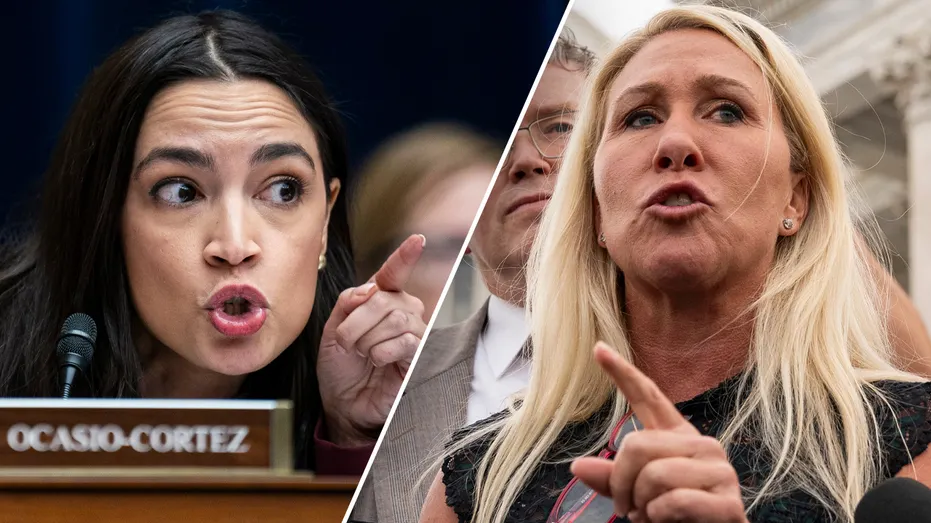

For years, Gary Lardizabal made a living delivering food in the Seattle metro. But he says a new ordinance that went into effect in January is putting his livelihood at risk. The law, which was designed to increase pay for food delivery drivers, has resulted in a collapse of food orders.
“I can’t pay rent. [Orders are] down 30 to 40%,” Lardizabal told a local radio station. “This is not a living wage; this is a dying wage.”
The legislation Lardizabal was referring to is PayUp, a 2022 law passed unanimously by the Seattle City Council that was intended to guarantee app-based drivers a “living wage” by mandating that drivers earn 74 cents per mile traveled and 44 cents per minute, or a minimum of $5 an order.
Unfortunately, but perhaps predictably, the law has been accompanied by severe unintended consequences.
Though the law raised the minimum wage of delivery workers to about $26 an hour (not counting tips), delivery services such as DoorDash and Uber Eats responded by increasing prices; a $5 fee was added to all orders placed through the apps.
The result was an estimated 300,000 fewer orders, according to DoorDash, which led to $7 million in lost revenue for area businesses, not to mention lost income for drivers.
“It’s painfully clear from listening to Dashers, merchants and consumers that this new law simply isn’t working,” DoorDash said in a statement reported by Fox 13.
Some skeptical council members are demanding to see DoorDash’s data. But the company’s metrics aren’t the only evidence that exists.
Fortune recently profiled Tony Illes, a 30-year-old food delivery driver who apparently was crushing it — 10,000 deliveries over the last four years, by his count — until the wage law went into effect. That’s when business dried up, and Illes found himself waiting for five or six hours for just one Uber Eats request.
“Demand was dead,” said Illes, who told Fortune he has dumped food delivery apps entirely and has gone independent.
And then there are Seattle businesses. Many restaurants have reported massive declines in delivery sales.
“We’ve already seen a nearly 50 percent drop in third-party delivery app sales,” said Tonin Gjekmarkaj, owner of a local Albanian bakery and café called Byrek & Baguette.
While some Seattle City Council members continue to demand more evidence that the law is backfiring, others appear to have admitted the law is a failure.
The Puget Sound Business Journal reported that Seattle City Council President Sara Nelson has already ordered staff to draft a proposal to amend the law.
“I believe that we created a problem and it’s our responsibility to fix it,” Nelson said.
It’s great to see Nelson recognize the council’s mistake and acknowledge the harm its new law is causing. Yet the entire unfortunate episode could have been avoided if Seattle City Council members had a firmer grasp of basic economics.
Price and wage controls have been failing for thousands of years, but this has not stopped kings, emperors, and democratically elected rulers from imposing them. (Though the United States has imposed price controls at various times in history, wage controls are far more common in America.)
While some workers may benefit from a minimum wage law, others will be harmed by it because the value they bring is below the artificially high cost of their labor. Employers often respond to wage floors by hiring fewer workers, reducing employee hours, and nixing other forms of worker remuneration.
“Making it illegal to pay less than a given amount does not make a worker’s productivity worth that amount,” the economist Thomas Sowell explained in his bestselling book Basic Economics, “and, if it is not, that worker is unlikely to be employed.”
Wage controls don’t just affect workers, however. They also affect consumers.
An abundance of research shows that higher minimum wage laws lead to higher consumer prices. A 2020 University of California, Berkeley, study found that, on average, a 10% minimum wage hike resulted in a 0.36% increase in grocery prices. (Fast food prices tend to increase even more.) Indeed, one 2018 Cornell University study found that in some cases “nearly all” of the costs of minimum wage laws are absorbed by consumers.
CLICK HERE TO READ MORE FROM THE WASHINGTON EXAMINER
This was certainly the case in Seattle, where delivery app services simply passed the mandated labor costs on to consumers, many of whom decided the price of food delivery was now too expensive.
Unfortunately, workers, businesses, and consumers are all paying the price because Seattle politicians chose to abandon sound free-market policies in favor of coercive wage controls.
Jon Miltimore (@miltimore79) is managing editor of FEE.org, the online portal of the Foundation for Economic Education. Follow his work on Substack.














